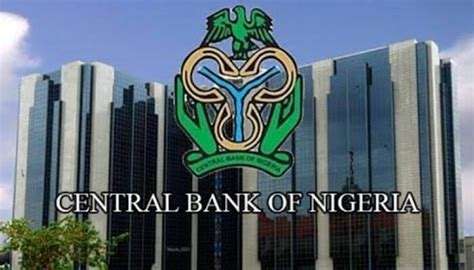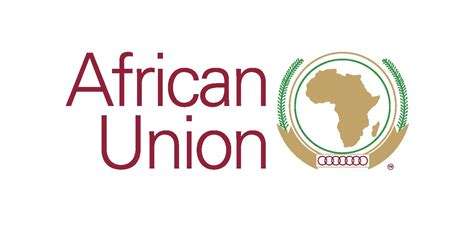The Central Bank of Nigeria (CBN) has issued a directive mandating all participants in the country’s payment ecosystem, including banks, fintechs, mobile money operators, and other licensed financial institutions, to fully comply with the ISO 20022 global messaging standard and implement mandatory geo-tagging of payment terminals by October 31, 2025.
ISO 20022 is the international benchmark for payment messaging, designed to improve the speed, transparency, and interoperability of transactions. By enabling richer and more structured data, the standard enhances fraud detection, improves compliance monitoring, and supports faster cross-border payments. The CBN emphasised that adoption will align Nigeria’s financial infrastructure with global best practices while boosting international confidence in local payment platforms.
The directive also introduces mandatory geo-tagging of all payment terminals to strengthen oversight and combat fraud. Terminals must be equipped with native geolocation services and registered with a Payment Terminal Service Aggregator (PTSA), with precise coordinates tied to merchant locations. In addition, Android OS version 10 is now the minimum requirement for all devices, ensuring compatibility with the National Central Switch’s monitoring system. Terminals not geo-tagged or routed through a PTSA will be barred from processing transactions.
The apex bank warned that non-compliance will attract sanctions, urging institutions to upgrade their systems, train their staff, and accelerate their readiness. Compliance validation exercises will begin on October 20, 2025.
Industry analysts view this dual reform as a milestone for Nigeria’s digital economy. Together, ISO 20022 and terminal geo-tagging are expected to strengthen the country’s payment ecosystem, reduce transaction errors, expand financial inclusion, and deliver faster, safer, and more transparent transactions.
The CBN reaffirmed its commitment to providing technical guidance to stakeholders throughout the transition process.




